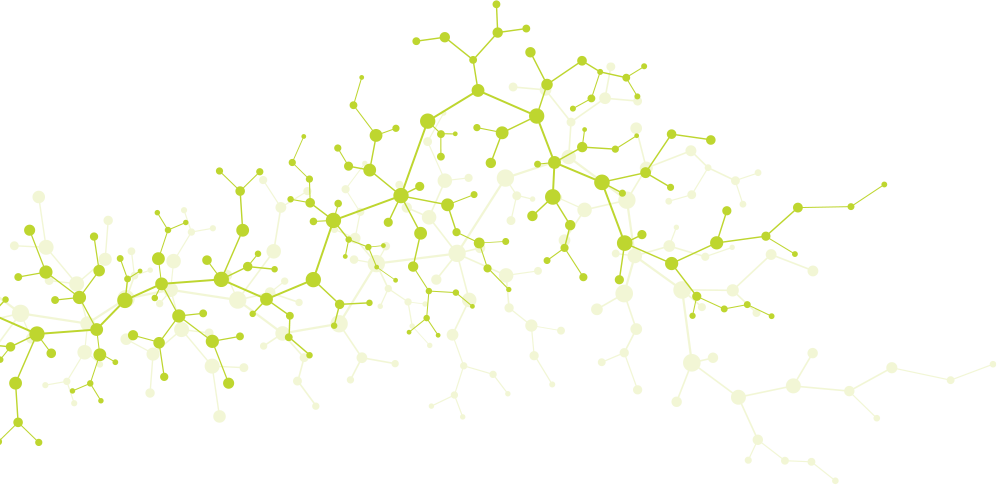Sexual violence changes the shape of the female brain

Crazy, hysterical, overly sensitive, hyper sensitive — these are the labels often given to women. Although it’s true the female hormone estrogen is associated with feeling and being more emotional, research also shows that sexual violence, which is believed to affect about 30 percent of women, can change a woman’s brain in a way that may make her prone to PTSD-like symptoms.
A 2016 study on rats showed that pre-pubescent female rats paired with sexually experience older males showed higher stress hormones, an inability to learn as well, and reduced maternal behaviors.
Researchers said the study was significant because adolescent girls are more likely than the general public to be victims of sexual assault.
Despite the fact many women who experience sexual violence go on to suffer with depression, PTSD, anxiety, and other mood disorders, there is little research demonstrating the effects of sexual violence on the female brain.
This study was the first of its kind to observe the effects of stress on the female rat brain as males are usually used. It was also the first of its kind to observe changes in the developing female brain related to sexual violence.
Fortunately, the National Institutes of Health now requires that in order to receive federal funding, studies must observe the impacts on both male and female animals.
Women and PTSD
Sexual violence is estimated to be the most common cause of PTSD in women. As such, PTSD affects about twice as many women than men, women have more PTSD symptoms, and the condition lasts longer in women than men.
Studies also show this applies to various cultures and that the effects are worse in cultures where women have fewer rights and less safety.
It’s important to note that it isn’t women who are affected so much as people who fall into traditionally female roles. Therefore, it stands to reason that men who are victims of sexual violence would also fall victim to the same dynamics.
PTSD versus complex PTSD (CPTSD)
Both PTSD and complex PTSD (CPTSD) happen as a result of trauma, but both researchers and the World Health Organization acknowledge them as two distinct disorders.
While PTSD is more typically the result of an acute trauma, such as combat, witnessing a death, or being in an accident or natural disaster, CPTSD is the result of repetitive and prolonged trauma.
How functional neurology can help treat C/PTSD
The roots of the effects of PTSD can be traced to a part of the brain called the amygdala, a cluster of neurons that govern fear responses. Studies show a woman’s fear response lasts longer than a man’s, which may explain why women develop PTSD at higher numbers. Anger and threats also more activate the fear response in women than in men.
In functional neurology we help rewire the stress responses. We also address metabolic factors that can hinder recovery from PTSD, such as chronic inflammation, gut health, thyroid function, and hormone balance. These efforts, along with good counseling, can help people recover from PTSD and CPTSD.
For more information about how functional neurology can help you, contact our office.
